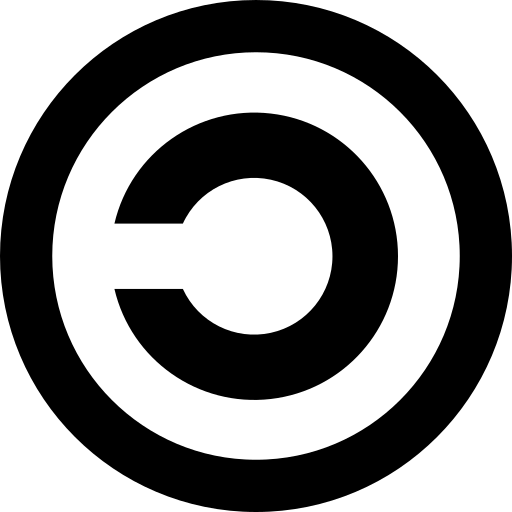...
...
...
...
...
...
...
...
...
...
...
...
...
...
...
...
...
...
...
...
...
...
...
...
...
...
...
...
...
...
...
...
...
...
...
...
...
...
...
...
...
...
Use of Sound/Music
It is strictly prohibited to use created by third parties without obtaining the respective rights of use. Solely the use of music for teaching purposes is permitted in accordance with applicable copyright law.
...
In case of doubt, please contact ZHdK Legal Services: https://www.zhdk.ch/index.php?id=87256
Uploading / File Sharing
Time and again, cases emerge of students in particular downloading and distributing films via file sharing. Such practices often prompt copyright holders (especially US production companies - eg. Paramount Pictures) to take legal action. Uploading copyrighted materials using file sharing (especially bit torrent technology) is prohibited in Switzerland. Zurich University of the Arts (ZHdK) declines any liability whatsoever for such practices. Responsibility lies entirely with any individual who infringes against applicable law. Individuals must also bear the costs of any legal proceedings arising in connection with unlawful behaviour. ZHdK cannot be held accountable for such actions and would be required to divulge the names of those responsible in any formal procedure. ZHdK reserves the right to take disciplinary action against any persons who violate applicable legislation.
...
If you have any questions, please contact either Barbara Flaad (ITZ, service.itz@zhdk.ch) or Mischa Senn (Head of Legal Services, mischa.senn@zhdk.ch)
...
Licensing
Here are some examples of licensing, especially relevant for the fields of human-computer interaction, interaction design and interactive art:
Creative Commons (CC)
Fortunately, there are ways to protect the copyrights of your own works even without extensive prior knowledge in terms of licensing. There are organizations that are specialized in helping creatives like us with licensing issues. One of the largest of these organizations is Creative Commons (CC), an American non-profit organization devoted to expanding the range of creative works available for others to build upon legally and to share. "The organization has released several copyright-licenses known as Creative Commons licenses free of charge to the public. These licenses allow creators to communicate which rights they reserve, and which rights they waive for the benefit of recipients or other creators. An easy-to-understand one-page explanation of rights, with associated visual symbols, explains the specifics of each Creative Commons license". [Wikipedia]
You can create your license of choice here: License Chooser
Short explanation video:
| Widget Connector | ||
|---|---|---|
|
Copyleft
"Copyleft (a play on the word copyright) is the practice of offering people the right to freely distribute copies and modified versions of a work with the stipulation that the same rights be preserved in derivative works down the line. Copyleft software licenses are considered protective or reciprocal, as contrasted with permissive free software licenses. Copyleft is a form of licensing, and can be used to maintain copyright conditions for works ranging from computer software, to documents, to art, to scientific discoveries and instruments in medicine". [Wikipedia]
If you'd like to know more about this topic, please read the according article on GNU's website or check out to the full guide (PDF) uploaded on Copyleft.org.
Open source licensing
"An open-source license is a type of license for computer software and other products that allows the source code, blueprint or design to be used, modified and/or shared under defined terms and conditions. This allows end users and commercial companies to review and modify the source code, blueprint or design for their own customization, curiosity or troubleshooting needs. Open-source licensed software is mostly available free of charge, though this does not necessarily have to be the case". [Wikipedia]
The Open Source Initiative (OSI) approves one of the most popular sets of open-source software licenses. It is based on their Open source definition (OSD).
Free software type
...
«Free software is software that gives you the user the freedom to share, study and modify it. We [Free Software Foundation] call this free software because the user is free.
To use free software is to make a political and ethical choice asserting the right to learn, and share what we learn with others. Free software has become the foundation of a learning society where we share our knowledge in a way that others can build upon and enjoy.» [FSF]
For more information check the website of the Free Software Foundation.

